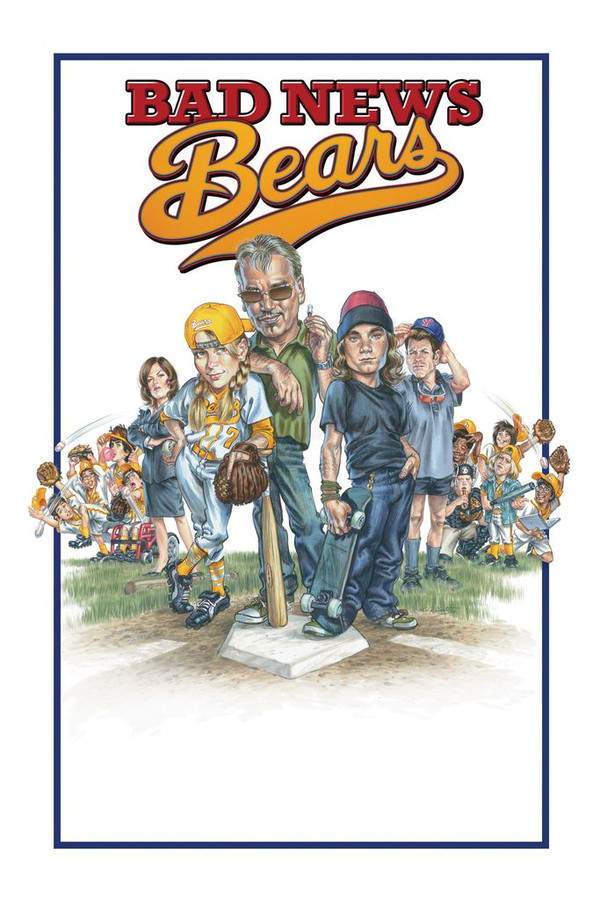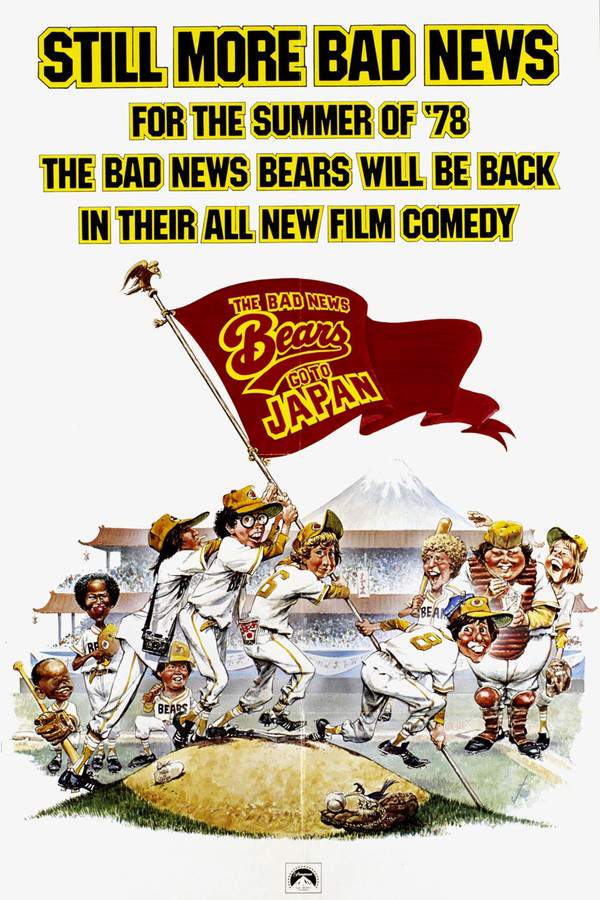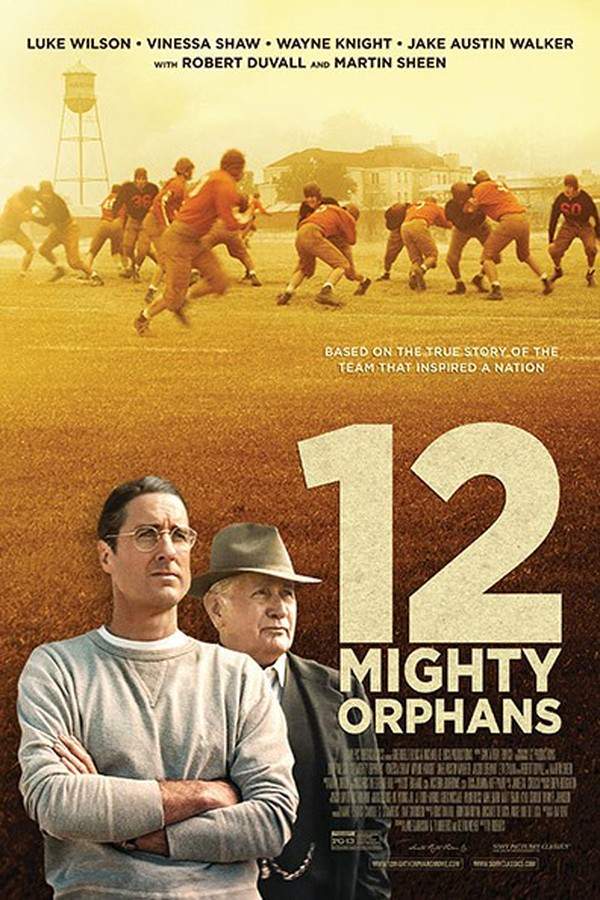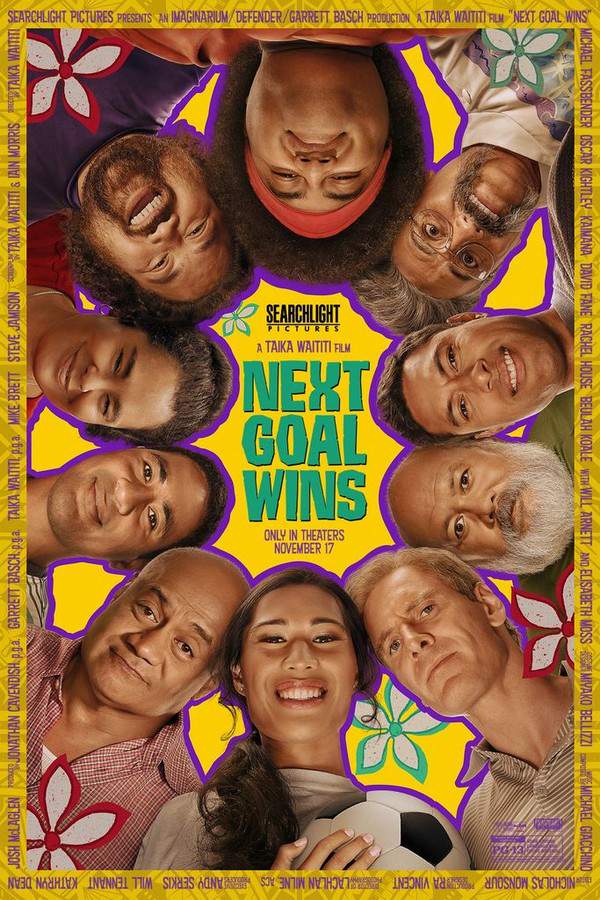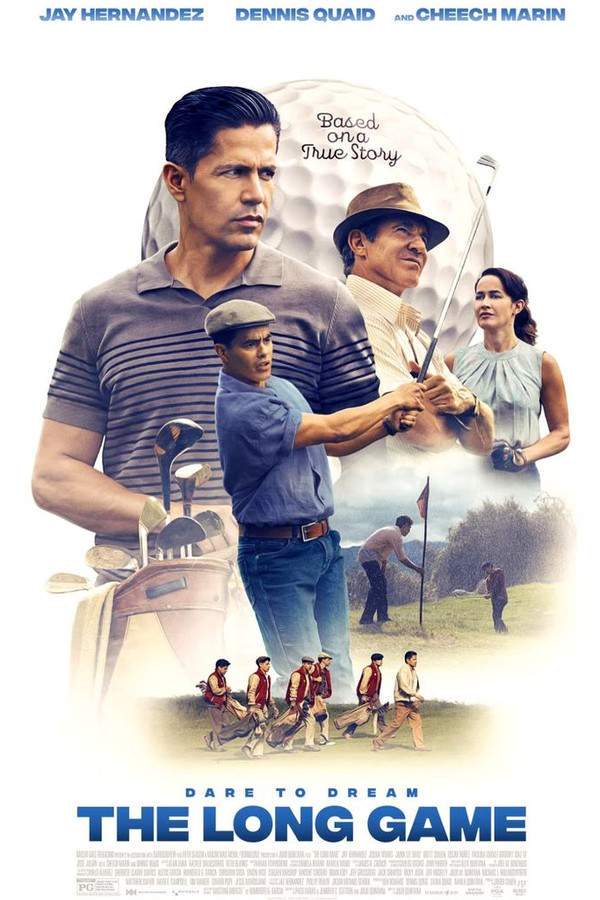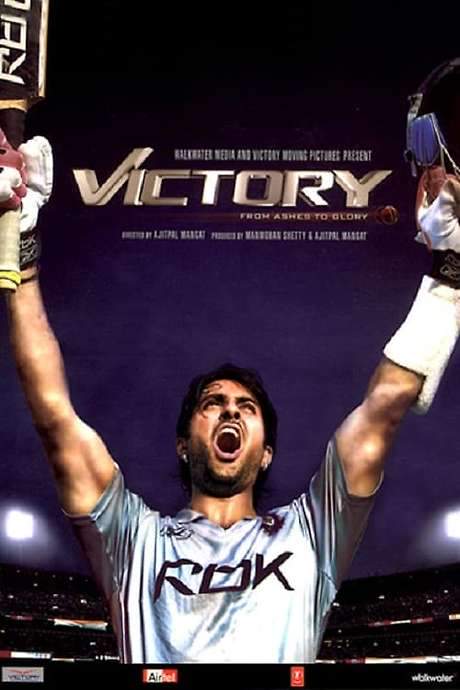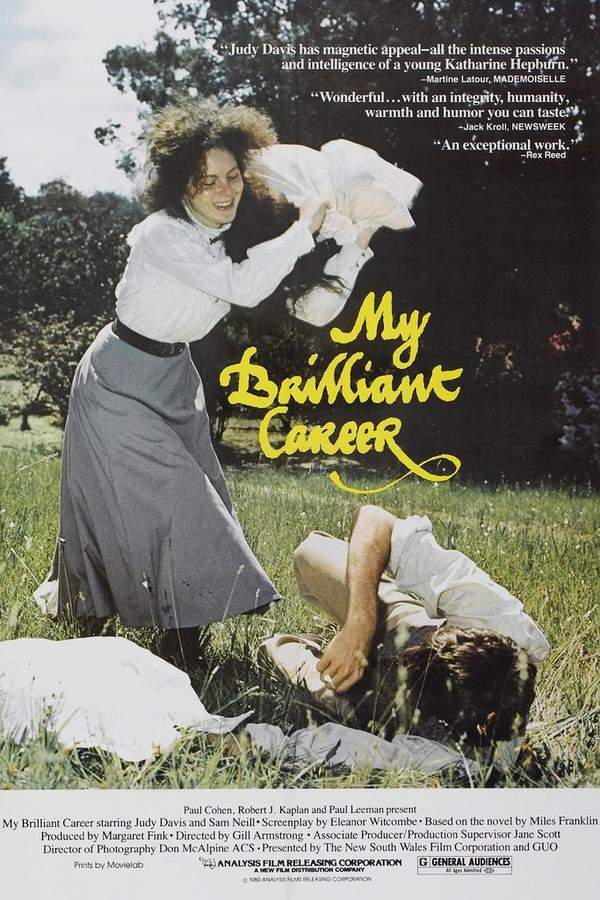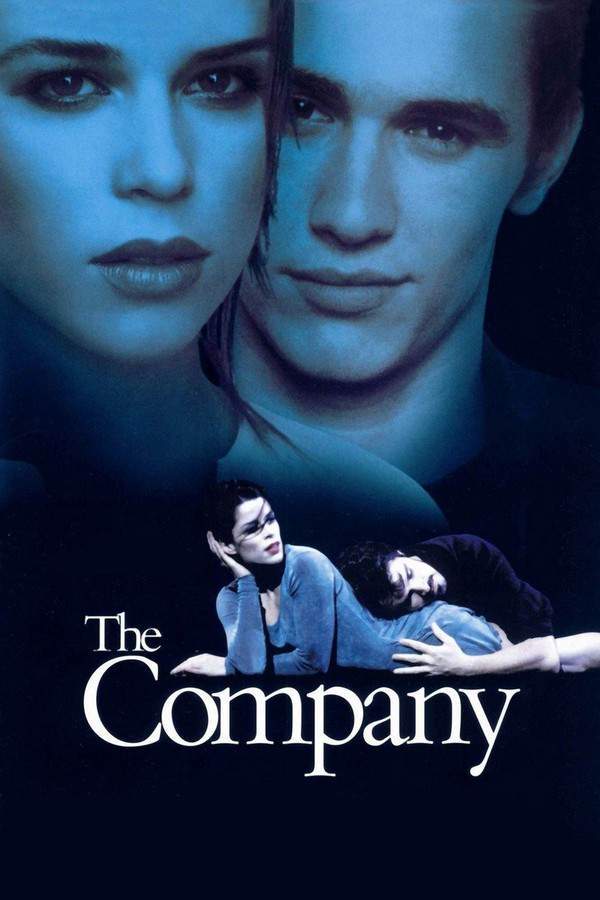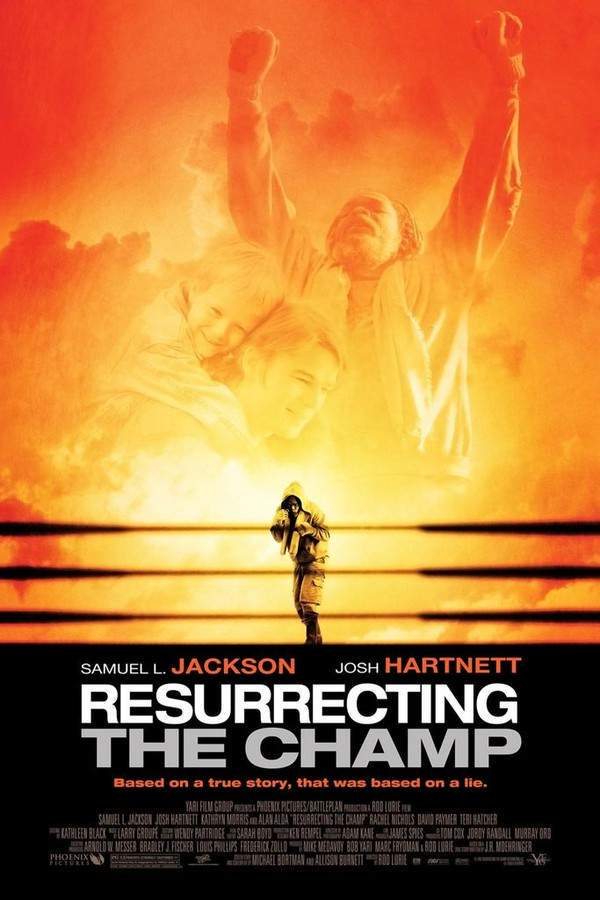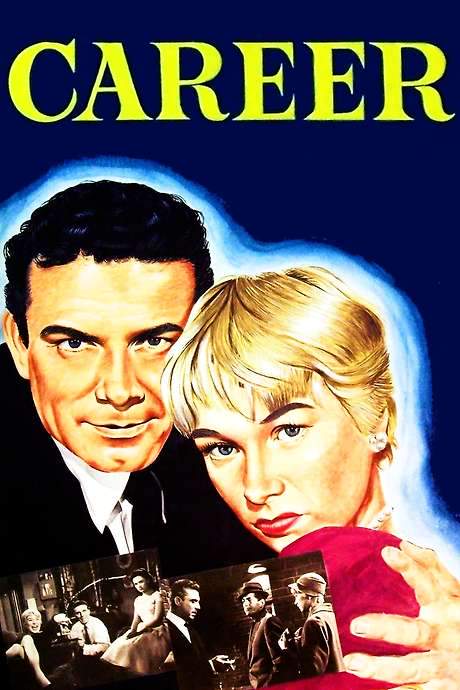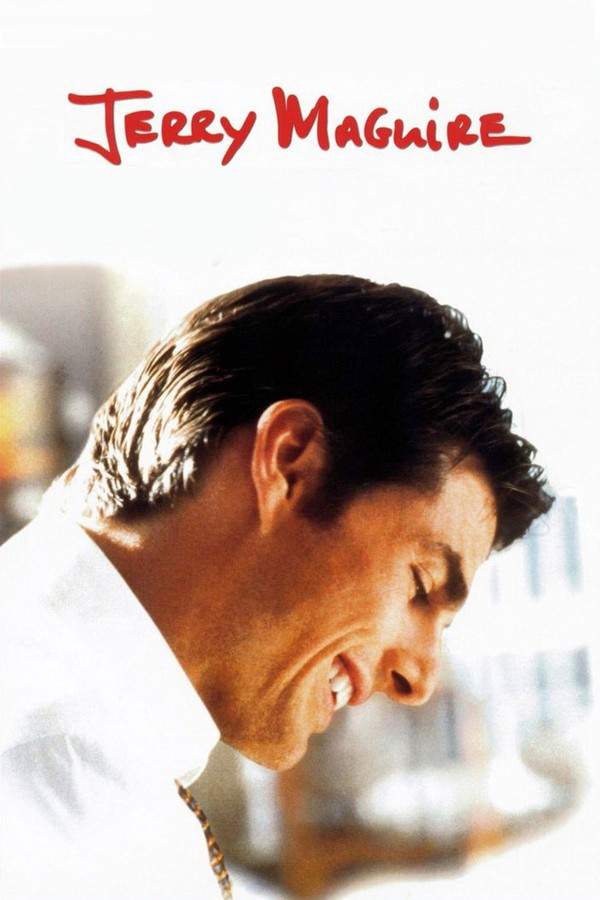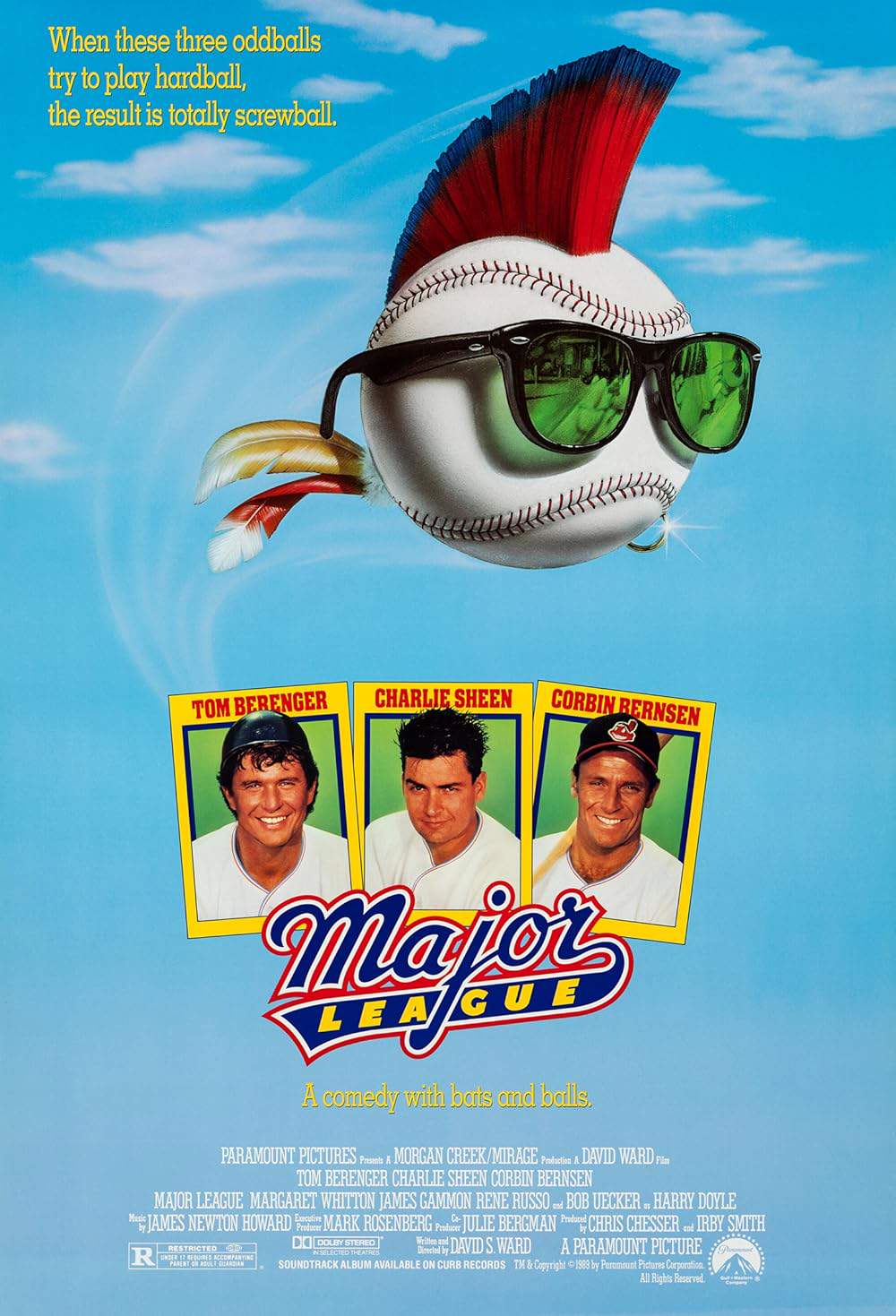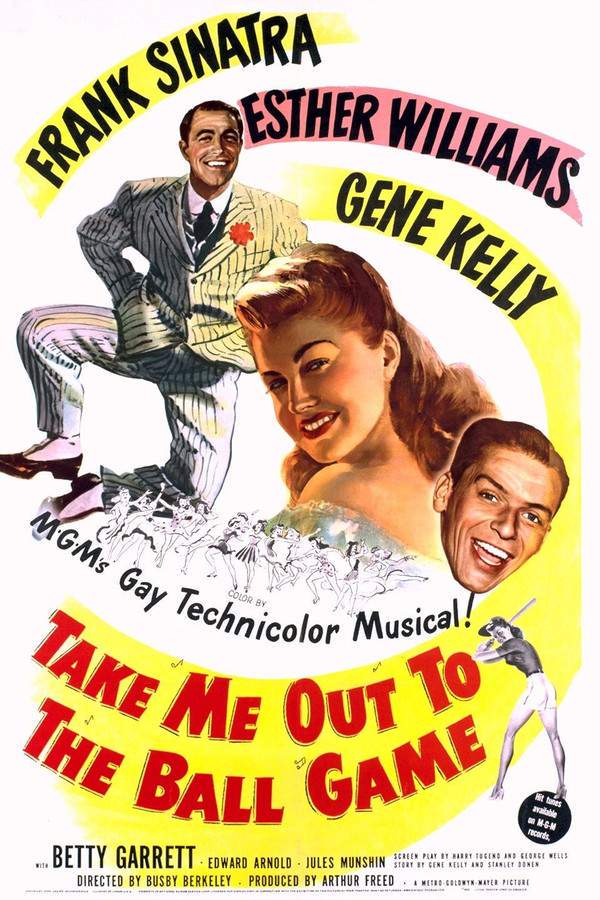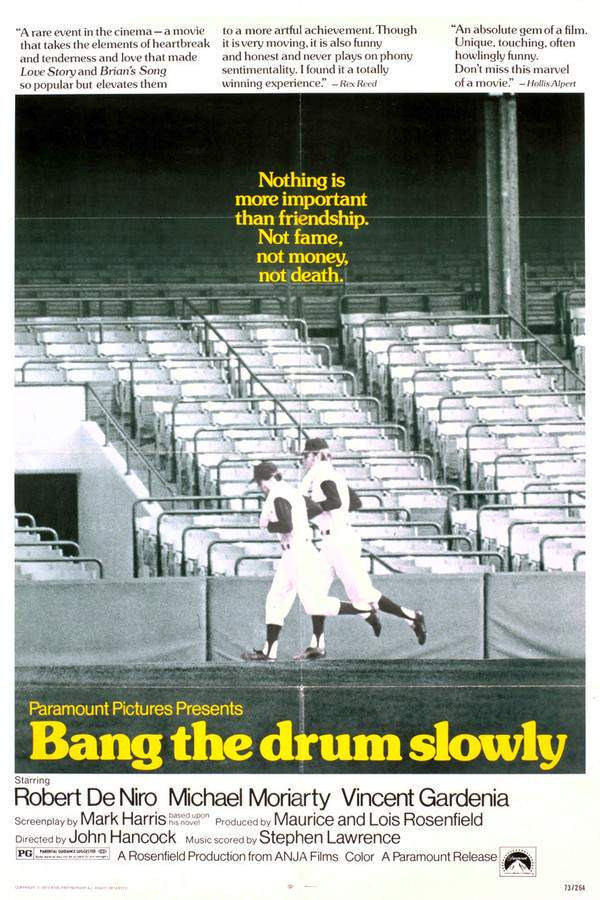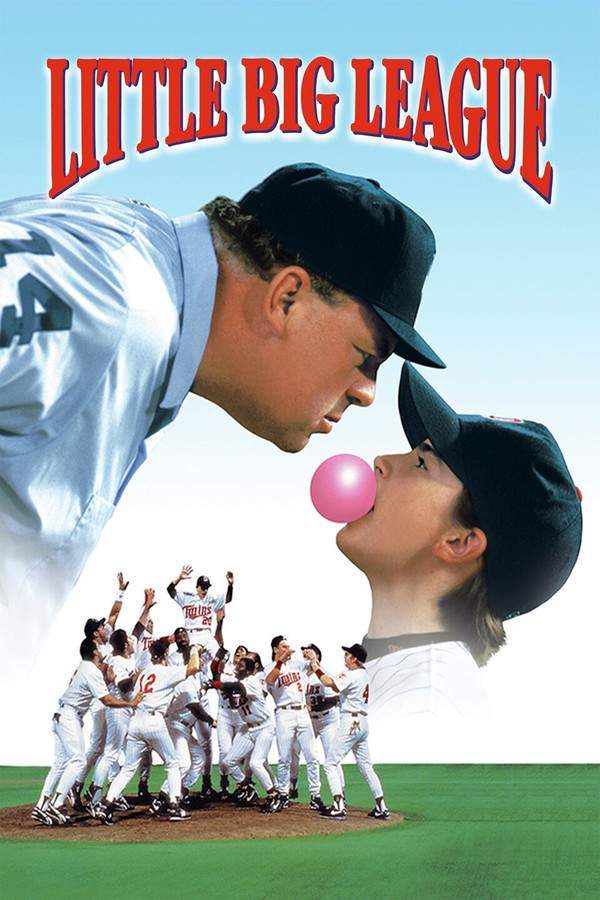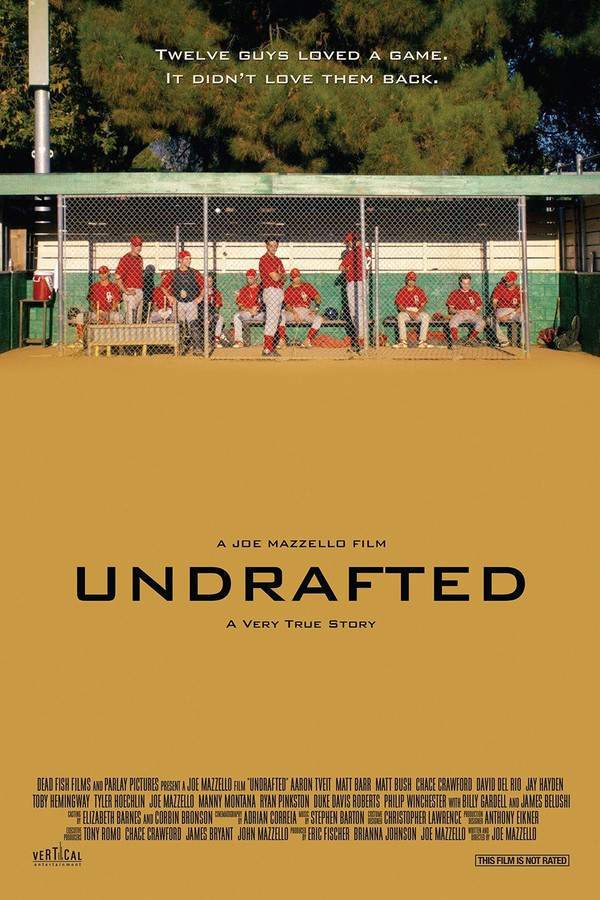
Moneyball
Year: 2011
Runtime: 133 min
Language: English
Director: Bennett Miller
Budget: $50M
Facing payroll constraints, Oakland Athletics general manager Billy Beane seeks a competitive edge by employing an unconventional data-driven approach to player recruitment. Partnering with Yale economics graduate Peter Brand, Beane challenges traditional scouting methods, identifying undervalued players and transforming the team's strategy. Their innovative methods spark controversy and resistance within the organization as they strive for success against wealthier franchises.
Warning: spoilers below!
Haven’t seen Moneyball yet? This summary contains major spoilers. Bookmark the page, watch the movie, and come back for the full breakdown. If you're ready, scroll on and relive the story!
Timeline – Moneyball (2011)
Trace every key event in Moneyball (2011) with our detailed, chronological timeline. Perfect for unpacking nonlinear stories, spotting hidden connections, and understanding how each scene builds toward the film’s climax. Whether you're revisiting or decoding for the first time, this timeline gives you the full picture.
Last Updated: November 16, 2024 at 14:11
Explore Movie Threads
Discover curated groups of movies connected by mood, themes, and story style. Browse collections built around emotion, atmosphere, and narrative focus to easily find films that match what you feel like watching right now.
Innovative underdog stories like Moneyball
Rebels use unconventional methods to challenge a powerful, established system.If you enjoyed the smart, data-driven narrative of Moneyball, you'll like these movies about rebels challenging the status quo. Discover similar stories of unconventional strategies, systemic change, and intellectual battles against larger, more powerful establishments.
Narrative Summary
These stories follow a protagonist or team who lacks traditional advantages. Their journey involves developing and implementing a novel, often data-centric, strategy that challenges the 'old way' of doing things. The central conflict is less about physical action and more about persuasive arguments, mounting evidence, and overcoming institutional skepticism, leading to a validation of the idea that changes the game.
Why These Movies?
They are grouped by their shared focus on intellectual rebellion, the tension of challenging traditions, and a hopeful but realistically bittersweet tone. The pacing is typically steady, building through logical progression and professional/social friction rather than high-speed action.
Methodical process dramas similar to Moneyball
Stories where meticulous work and personal conviction lead to professional impact.For viewers who liked the detailed, work-focused narrative of Moneyball, this list features movies about professionals proving their methods. Find films with a steady pace, medium emotional weight, and a focus on the tension and reward of a meticulous professional journey.
Narrative Summary
This thread captures character-driven stories where the plot is the work itself. The narrative unfolds by showing the step-by-step application of a craft, strategy, or theory. Conflict arises from colleagues, superiors, or the market doubting the approach. The payoff is not just external success but the profound personal and professional validation for the protagonist.
Why These Movies?
They share a steady, methodical pacing that mirrors real-world work. The intensity is medium, derived from professional stakes and interpersonal friction. The tone is grounded and hopeful, focusing on the dignity and impact of skilled, dedicated work, often concluding with a complex, realistic outcome.
Unlock the Full Story of Moneyball
Don't stop at just watching — explore Moneyball in full detail. From the complete plot summary and scene-by-scene timeline to character breakdowns, thematic analysis, and a deep dive into the ending — every page helps you truly understand what Moneyball is all about. Plus, discover what's next after the movie.
Moneyball Summary
Read a complete plot summary of Moneyball, including all key story points, character arcs, and turning points. This in-depth recap is ideal for understanding the narrative structure or reviewing what happened in the movie.

Characters, Settings & Themes in Moneyball
Discover the characters, locations, and core themes that shape Moneyball. Get insights into symbolic elements, setting significance, and deeper narrative meaning — ideal for thematic analysis and movie breakdowns.

Moneyball Spoiler-Free Summary
Get a quick, spoiler-free overview of Moneyball that covers the main plot points and key details without revealing any major twists or spoilers. Perfect for those who want to know what to expect before diving in.

More About Moneyball
Visit What's After the Movie to explore more about Moneyball: box office results, cast and crew info, production details, post-credit scenes, and external links — all in one place for movie fans and researchers.

Similar Movies to Moneyball
Discover movies like Moneyball that share similar genres, themes, and storytelling elements. Whether you’re drawn to the atmosphere, character arcs, or plot structure, these curated recommendations will help you explore more films you’ll love.
Explore More About Movie Moneyball
Moneyball (2011) Plot Summary & Movie Recap
Moneyball (2011) Scene-by-Scene Movie Timeline
Moneyball (2011) Spoiler-Free Summary & Key Flow
Movies Like Moneyball – Similar Titles You’ll Enjoy
Jerry Maguire (1996) Full Movie Breakdown
Major League (1989) Spoiler-Packed Plot Recap
Fever Pitch (2005) Movie Recap & Themes
Bull Durham (1988) Movie Recap & Themes
The Color of Money (1986) Plot Summary & Ending Explained
Screwball (2019) Film Overview & Timeline
Million Dollar Arm (2014) Complete Plot Breakdown
Field of Dreams (1989) Plot Summary & Ending Explained
The Natural (1984) Detailed Story Recap
Take Me Out to the Ball Game (1949) Film Overview & Timeline
Bang the Drum Slowly (1973) Plot Summary & Ending Explained
Little Big League (1994) Film Overview & Timeline
Undrafted (2016) Plot Summary & Ending Explained
Talent for the Game (1991) Film Overview & Timeline
Extra Innings (2020) Film Overview & Timeline

